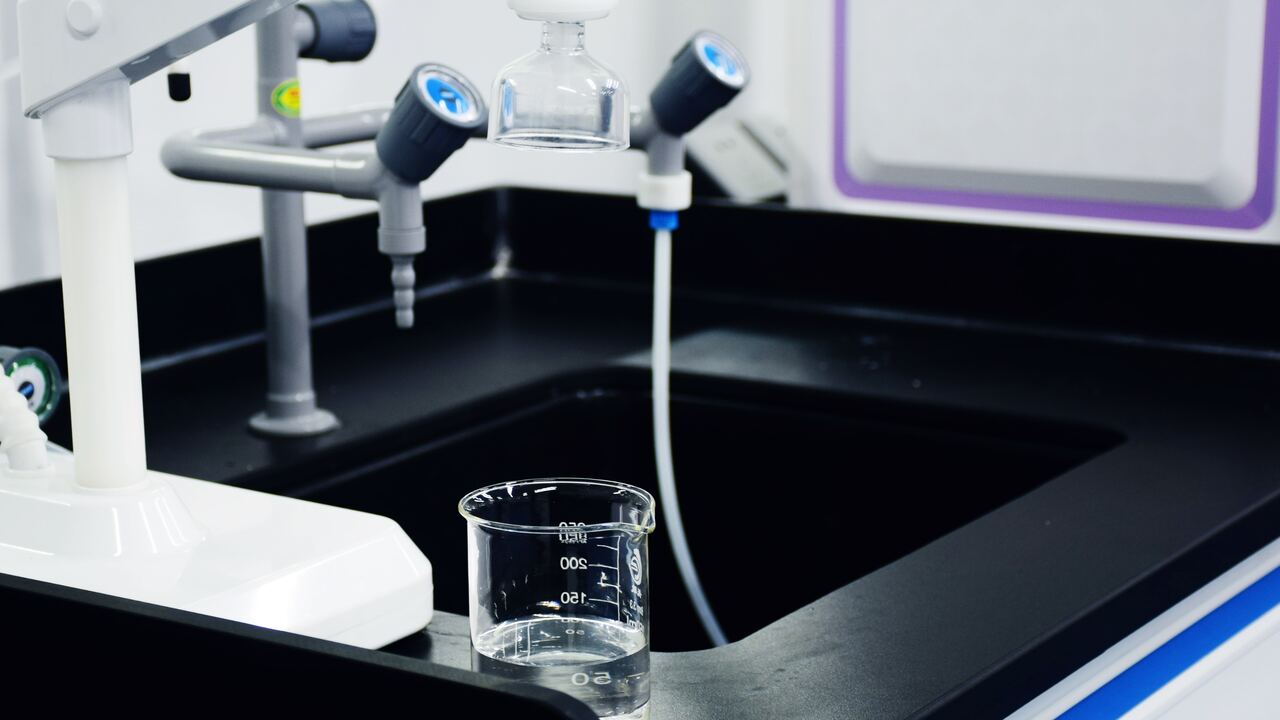Scientists from Dagestan State University, together with the Russian Institute of Physics and their Czech colleagues, have created a new type of “smart” polymer membranes. They are able to purify water from pollution by activating under the influence of light or mechanical actions. This is an important step in the development of environmentally sound wastewater treatment methods.
Project leader Farid Orujov emphasized that their research offers new opportunities to create cost-effective and environmentally friendly catalysts. These catalysts can be used for wastewater treatment. A feature of the development is the ability to control the activity of the catalyst and the reaction rate, which makes this material very promising.
The process of creating the membrane involved the use of a special technology – a hydrated calcium nitrate salt – containing molecules of the active ingredient. Experiments have shown that these membranes can effectively decompose organic matter in water when exposed to visible light as well as ultraviolet radiation.
In addition, previous researchers from the North Caucasus Federal University developed a method for obtaining activated carbon from various plant wastes, such as husk, rice, buckwheat, sunflower seeds and lavender.
Source: Ferra
I am a professional journalist and content creator with extensive experience writing for news websites. I currently work as an author at Gadget Onus, where I specialize in covering hot news topics. My written pieces have been published on some of the biggest media outlets around the world, including The Guardian and BBC News.










